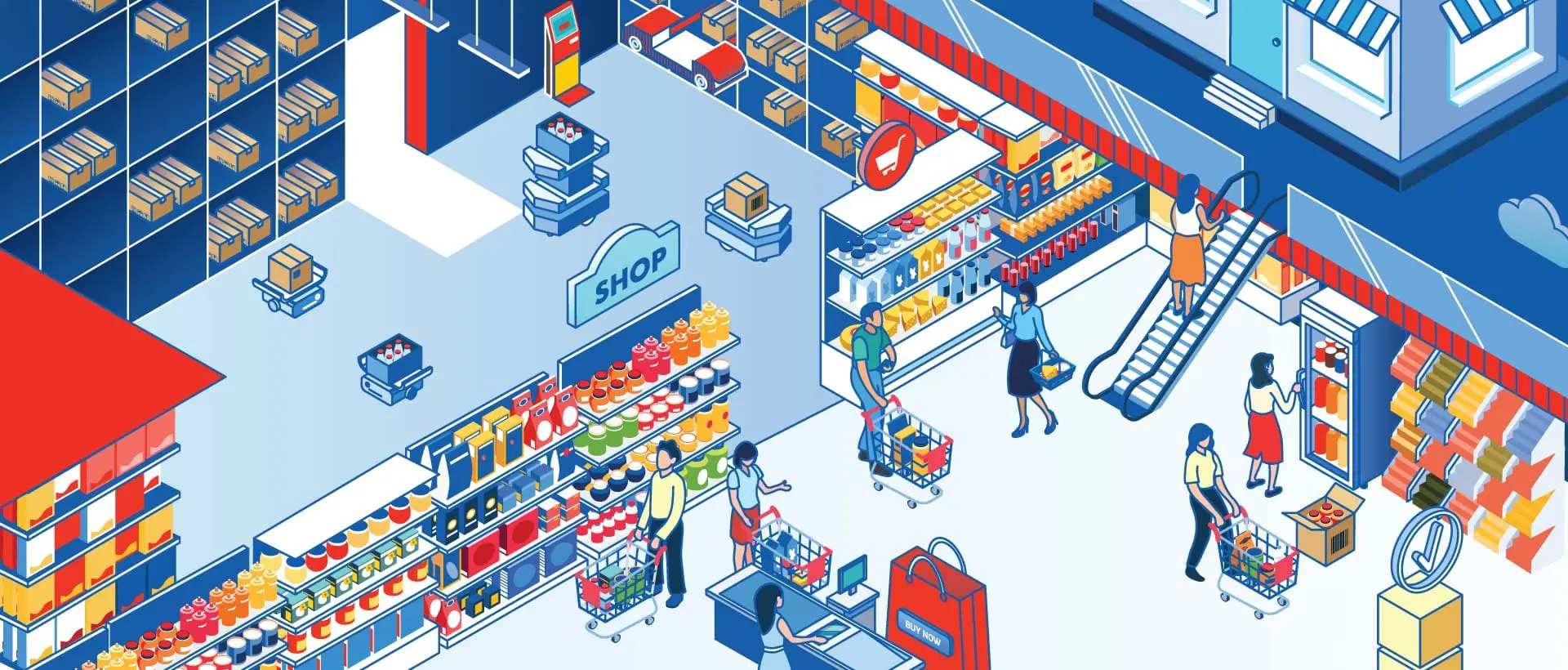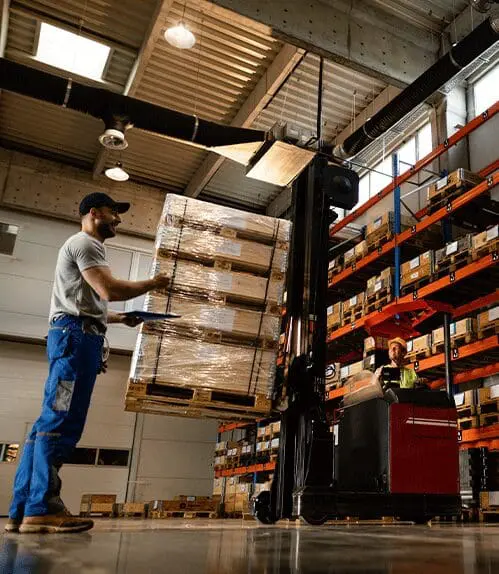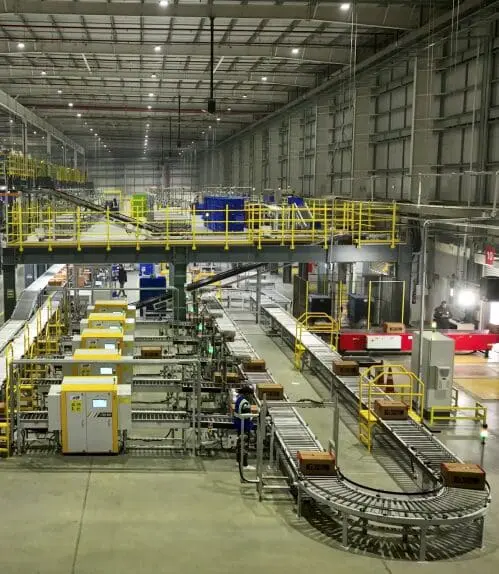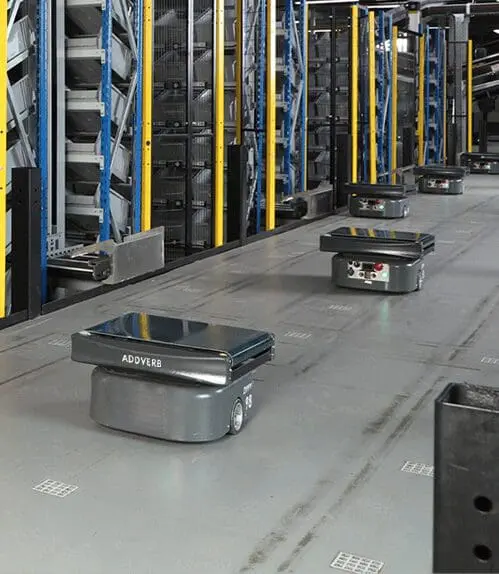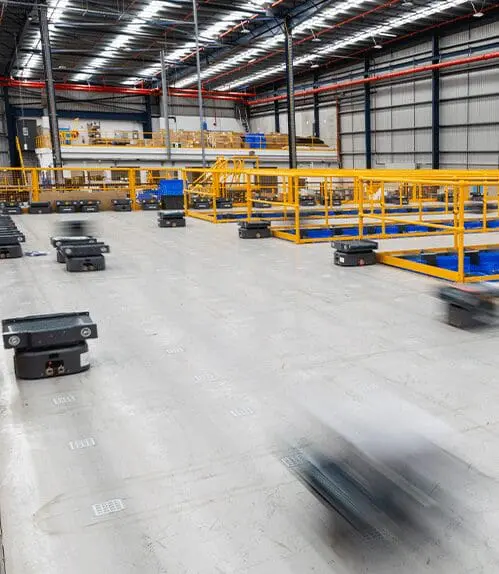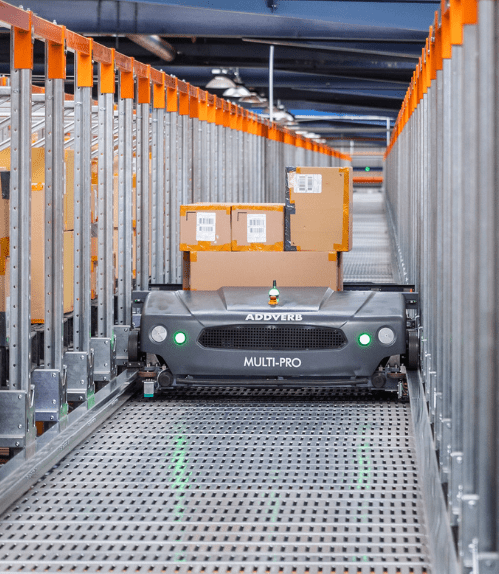Table of Contents
Understanding Retail Automation
Retail automation is the process of integrating cutting-edge technologies and intelligent systems into many facets of the retail sector in order to simplify operations, boost productivity, and enhance consumer experiences. It entails automating rote operations that were previously carried out by human personnel by using robotics, artificial intelligence (AI), machine learning, and data analytics. It is changing how merchants function in the digital age, from inventory management to customer service.
How Retail Automation is Driving Supply Chain Success
- The implementation of automation in retail industry has many benefits. By decreasing errors, improving supply chain efficiency, and optimising inventory management, it dramatically lowers operational expenses. For instance, retail warehouse automation offers accurate inventory control and quicker order fulfillment, resulting in lower carrying costs and higher production.
- Second, consumer experiences are improved by retail automation solution. Retailers can instantly and individually support customers with AI-powered chatbots and virtual assistants, increasing customer happiness and loyalty. Retailers may offer targeted specials and individualised advice by using automation to collect important data on client preferences and behaviou
- Automation can also increase productivity and worker happiness in the retail sector. Employees can focus on more strategic and creative parts of their roles by automating repetitive and monotonous duties, which improves performance and increases job satisfaction.
The Importance of Retail Automation in Empowering Retailers and Consumers
The term “retail automation” refers to several facets of the sector. The incorporation of AI-powered systems to evaluate client data and forecast purchasing patterns is a crucial component. This aids merchants in stock optimisation, ensuring the proper goods are available, and minimising overstocking or stockouts.
Automated checkout procedures are another crucial area. Customers now spend less time waiting in line at retail outlets because of self-checkout kiosks and mobile payment options, which also reduce the need for manual cashiers.
Additionally, automation in retail warehouses is essential for simplifying logistics. The efficiency, precision, and speed of the order fulfillment process are all improved by automated sorting systems, robotic pickers, and autonomous delivery vehicles.
The Crucial Role of Automation in Modern Retail
Automation in retail industry is essential for the industry’s future since it allows merchants to maintain their competitiveness in a market that is changing quickly. Automation assists traditional brick-and-mortar stores in adapting and thriving in the face of growing e-commerce and shifting consumer expectations. Automation not only boosts productivity but also gives retailers insightful data on consumer behaviour that helps them make data-driven decisions.
Retail warehouse automation can also be a crucial distinction in the increasingly competitive retail environment. In an increasingly digital environment, retailers who adopt cutting-edge technologies to improve consumer experiences are more likely to draw in and keep customers.
Implementing Retail Automation in Your Business with Addverb
Retailers must thoroughly analyse their current processes to find areas that could benefit from automation before implementing it in their organisation. Retailers may improve customer assistance and engagement by implementing AI chatbots or virtual assistants.
Significant efficiency improvements can also be attained by implementing automated inventory management solutions and investing in retail warehouse automation technologies. To ensure a seamless and effective implementation, retailers can think about collaborating with technology suppliers such as Addverb that specialise in retail automation.
Challenges and Considerations in Implementing Retail Automation
Despite its potential benefits, retail automation comes with some challenges. One major concern is the displacement of human workers. As automation takes over certain tasks, retailers must plan for workforce reskilling and redeployment to ensure a smooth transition.
Data security and privacy are also critical considerations when implementing retail automation. Retailers must safeguard customer data and ensure compliance with relevant regulations to maintain customer trust.
The Future of Retail Automation: Trends and Innovation
With continued developments in AI, robotics, and data analytics, the future of retail automation is bright. Retailers may anticipate more advanced AI systems that can more accurately forecast client preferences, resulting in ever more individualised purchasing experiences.
More effective and adaptable retail warehouse automation solutions will be made possible by advancements in robotics and automation technologies. More and more robots will be able to handle delicate and perishable goods, greatly streamlining the supply chain.
To Sum Up
The future of retail automation is being revolutionised by retail automation. Retailers can increase operational effectiveness, enhance consumer experiences, and maintain competitiveness in the ever changing market by leveraging the power of AI, robotics, and data analytics. Retailers must embrace retail automation solution and constantly adapt to suit changing consumer needs if they want to succeed in the digital age. They can ensure a bright future for themselves in the exciting world of retail by doing this.
